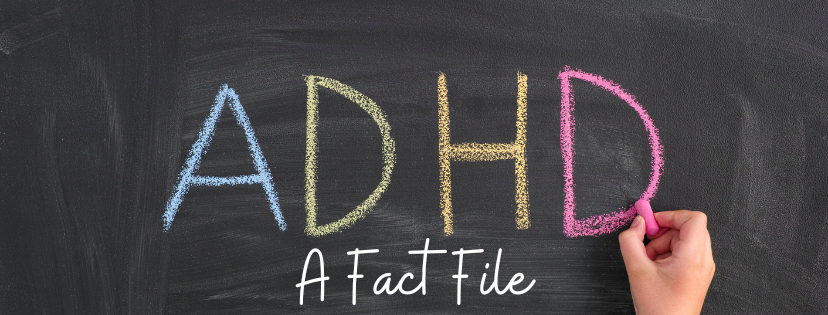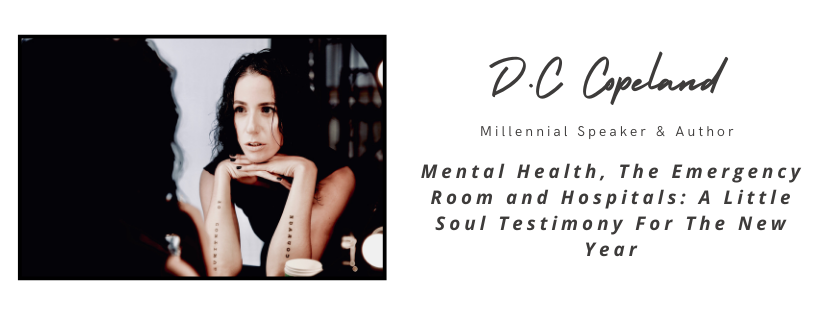Attention Deficit Hyperactivity Disorder (ADHD) is a condition that affects a persons behaviour. ADHD is most commonly diagnosed before the age of 12, however, in some cases it can be diagnosed later in life.
There are different types / categories for ADHD, you may have signs and symptoms from both categories, or you may lean more towards one than the other.
Inattentive ADHD
- Failing to give close attention to details and making careless mistakes in school, at work, or in other activities.
- Having trouble holding attention when taking part in tasks or play.
- May not seem to listen when being spoken to directly.
- Often fails to follow instructions and/or complete a task (may get side-tracked by something else)
- Finds it hard to organise tasks.
- Often dislikes or avoids tasks that require a lot of mental effort over long periods of time.
- Often loses / misplaces things.
- Is easily distracted.
- Forgetful in everyday tasks.
Hyperactivity / Impulsive ADHD:
- Fidgets or taps hands / feet, or squirms in seat.
- Often leaves seat when remaining seated is expected.
- Runs/climbs when it is not appropriate (in adulthood this may be limited to feelings of restlessness)
- Unable to take part in leisure activities quietly.
- Often perceived as being ‘on the go.’
- Excessive talking.
- Often shouts out the answer to a question before the question has been finished or before being called on.
- Has trouble waiting their turn.
- Often interrupts / intrudes on other people.
In order for a diagnosis to take place, for those up to the age of 16, at least 6 signs from one section need to be present for at least 6 months or more. For those aged 17 and over, at least 5 need to be present along with the following:
- Several signs before the age of 12.
- Several signs present in more than one situation / environment (work, home, school, when out with friends / family.
- Clear evidence that these signs impact on, or reduces the quality of the persons social and work functioning.
- Symptoms cannot be more easily explained by another mental health condition.
It is also very common for those with ADHD to suffer from other mental health conditions such as Anxiety Disorders and Sleep Disorders.
Causes:
There is no known definitive cause of ADHD, however there are some factors that are considered to increase the likelihood of ADHD developing.
- Premature birth (before 37-weeks)
- Low birth weight
- Smoking / drinking alcohol / misusing drugs whilst pregnant
Some studies have found that there are differences within the brain chemistry of those with ADHD in comparison to those without it.
ADHD can affect people of any intellectual ability.
Treatments:
While there is no cure for ADHD, there are treatments that can help make the condition more manageable.
For children – having a good, supportive educational environment as well as support and advice for their parents it a good place to start when it comes to managing ADHD.
In some cases, medication may be required.
For adults, medication is often the first form of treatment that is offered. In some cases, psychological therapies such as CBT may also be offered.
Please note that this is not a complete list of symptoms and that people with ADHD may experience the condition in various ways.
If you believe yourself, or your child, could have ADHD, please speak with your GP for further assessment and diagnosis.
Resources:


